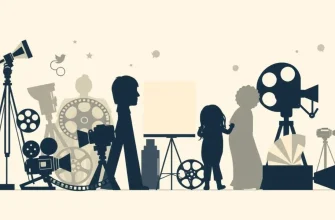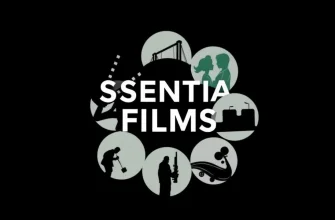This collection of films is not for the faint-hearted. Each movie in this list delves into the darker aspects of human existence, exploring themes of loss, despair, moral dilemmas, and the harsh realities of life. These films are valuable for those who seek to understand the complexities of human emotions and societal issues, offering not just entertainment but a profound cinematic experience that challenges and often changes the viewer's perspective.

Schindler's List (1993)
Description: A true story of Oskar Schindler, who saved over 1,000 Jewish refugees during the Holocaust by employing them in his factories, this film is a testament to the power of one person's actions against overwhelming evil.
Fact: Steven Spielberg shot the film in black and white to give it a documentary feel, and it won seven Academy Awards, including Best Picture.
 Watch Now
Watch Now

Requiem for a Dream (2000)
Description: This film examines the devastating effects of drug addiction on four individuals, offering a harrowing look at the descent into addiction and the loss of hope.
Fact: The film's score by Clint Mansell has become iconic, often used in other media to signify despair or intense drama.
 Watch Now
Watch Now

The Pianist (2002)
Description: Based on the true story of Władysław Szpilman, a Polish-Jewish pianist who survived the Holocaust by living in hiding, this film is a poignant exploration of survival and the human spirit.
Fact: Adrien Brody lost significant weight for the role and learned to play the piano, earning him an Academy Award for Best Actor.
 Watch Now
Watch Now

The Diving Bell and the Butterfly (2007)
Description: This film tells the story of Jean-Dominique Bauby, who suffers a massive stroke and is left with locked-in syndrome, able to communicate only through blinking one eye.
Fact: The film was shot from the perspective of Bauby, with the camera often representing his limited field of vision.
 Watch Now
Watch Now
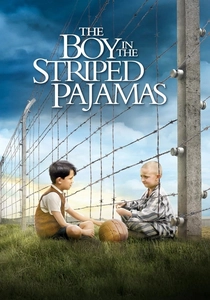
The Boy in the Striped Pyjamas (2008)
Description: This film portrays the innocence of childhood against the backdrop of the Holocaust, making it a deeply moving and educational experience about the horrors of war and prejudice.
Fact: The film was adapted from the novel by John Boyne, and its ending is one of the most shocking in cinema history.
 Watch Now
Watch Now
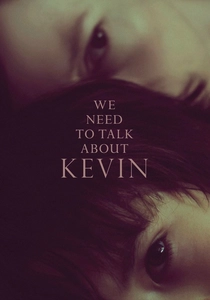
We Need to Talk About Kevin (2011)
Description: A psychological thriller that examines the relationship between a mother and her son, who commits a horrific act, exploring themes of nature vs. nurture and parental guilt.
Fact: The film uses a non-linear narrative to reflect the mother's fragmented state of mind and her struggle to understand her son's actions.
 Watch Now
Watch Now
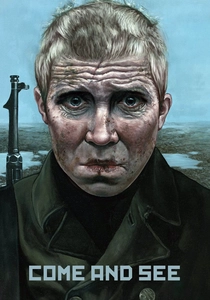
Come and See (1985)
Description: A Soviet war drama depicting the Nazi occupation of Belarus through the eyes of a young boy, offering a raw and unfiltered look at the brutality of war.
Fact: The film's director, Elem Klimov, was so affected by the subject matter that he never made another feature film.
 30 Days Free
30 Days Free
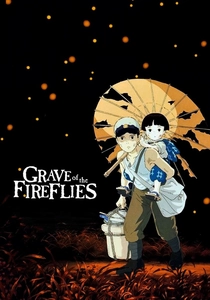
Grave of the Fireflies (1988)
Description: An animated film that tells the tragic story of two siblings struggling to survive in the aftermath of World War II in Japan, highlighting the futility and devastation of war.
Fact: Despite its animation, it's often considered one of the most emotionally devastating films ever made.
 30 Days Free
30 Days Free
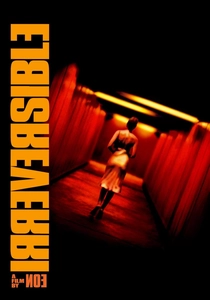
Irreversible (2002)
Description: Told in reverse chronological order, this film explores themes of revenge, violence, and the irreversible nature of time, focusing on a brutal assault and its aftermath.
Fact: The film's non-linear narrative was inspired by Harold Pinter's play "Betrayal."
 30 Days Free
30 Days Free
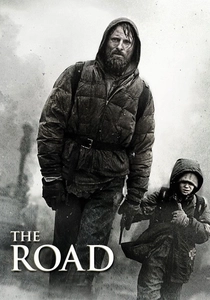
The Road (2009)
Description: A father and son journey through a post-apocalyptic world, facing starvation, cannibals, and the harsh elements, showcasing the lengths a parent will go to protect their child.
Fact: The film was shot in various locations to depict a world after a cataclysmic event, with minimal CGI used to enhance the realism.
 30 Days Free
30 Days Free



